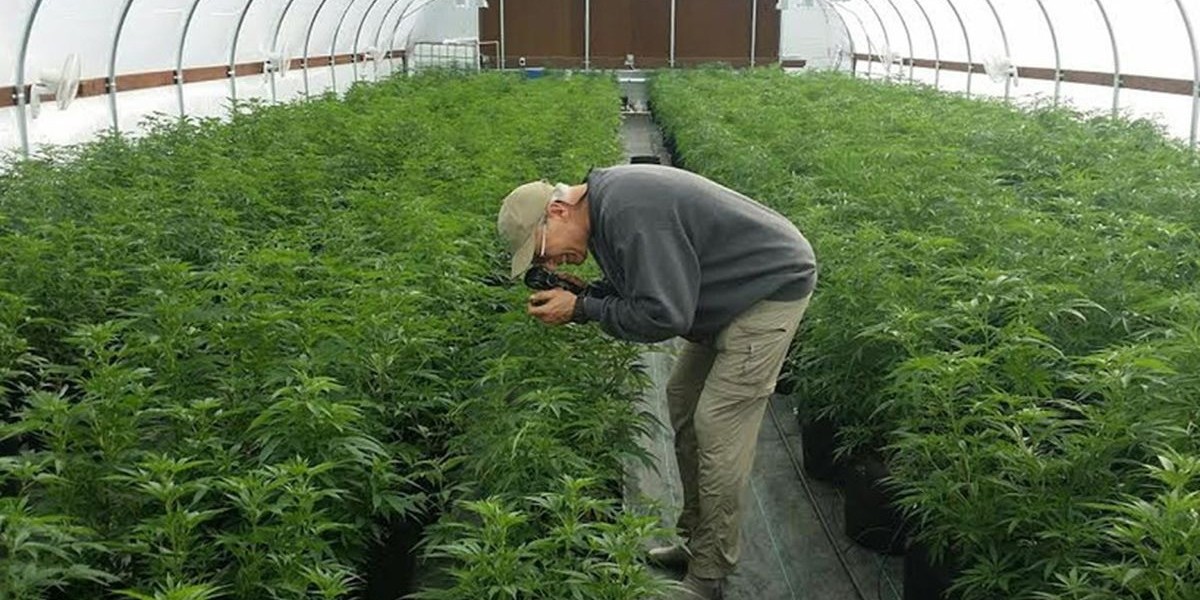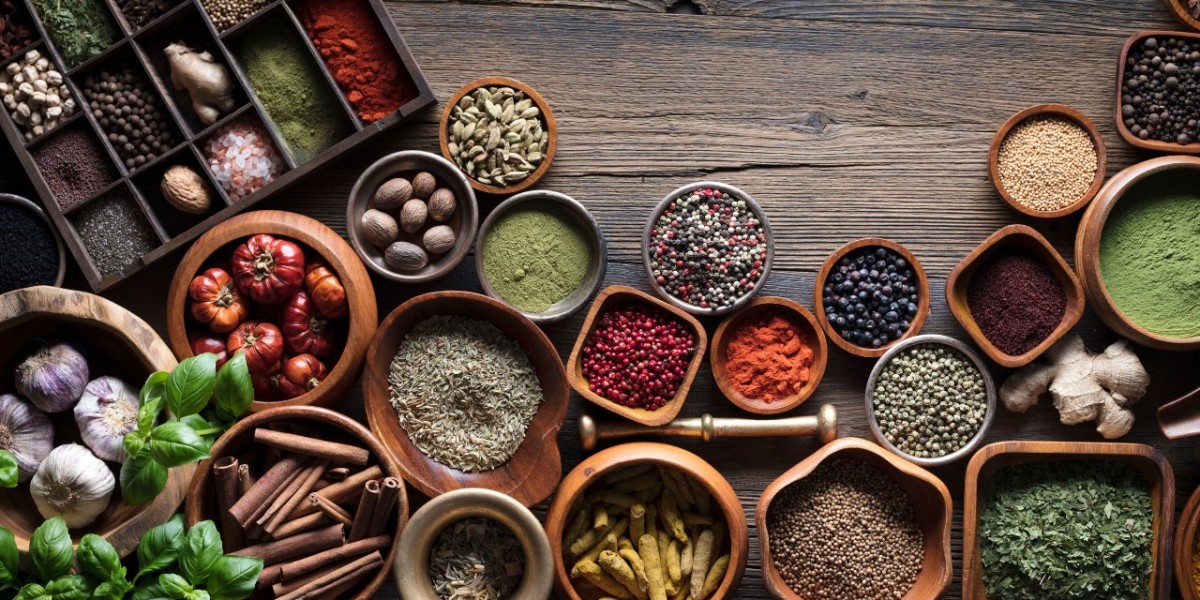The debate between organic weed and conventional cannabis has been ongoing, with proponents on both sides advocating for their preferred cultivation methods. In this article, we'll conduct a comparative analysis of weed bangkok and conventional cannabis, exploring the differences in cultivation practices, environmental impact, product quality, and consumer preferences. By examining the strengths and weaknesses of each approach, we can gain a deeper understanding of the factors driving the choice between organic and conventional cannabis.
Cultivation Practices
Organic weed is cultivated using natural farming practices that prioritize soil health, biodiversity, and environmental sustainability. Organic growers avoid synthetic chemicals, pesticides, and fertilizers, opting instead for compost, cover cropping, and natural pest management techniques.
Conventional cannabis, on the other hand, is often grown using synthetic chemicals and fertilizers to maximize yield and minimize pests and diseases. While conventional cultivation methods may result in higher yields in the short term, they can also have negative impacts on soil health, water quality, and ecosystem resilience.
Environmental Impact
Organic weed cultivation has a lower environmental impact compared to conventional cannabis production. Organic growers prioritize soil conservation, water management, and biodiversity conservation, reducing the use of synthetic inputs and minimizing pollution of air, water, and soil.
Conventional cannabis cultivation, by contrast, can contribute to soil degradation, water pollution, and habitat destruction through the use of synthetic chemicals and intensive farming practices. Additionally, conventional cultivation methods may require higher energy inputs and contribute to greenhouse gas emissions, exacerbating climate change.
Product Quality
Organic weed is often perceived as being of higher quality compared to conventional cannabis due to its purity, potency, and flavor. Organic cultivation methods promote the production of cannabis flowers that are free from synthetic chemicals and rich in beneficial compounds, resulting in a cleaner and more natural cannabis experience for consumers.
Conventional cannabis may contain residues of synthetic pesticides and fertilizers, which can affect the taste, aroma, and overall quality of the product. Additionally, conventional cultivation methods may lead to the production of cannabis flowers with lower levels of cannabinoids, terpenes, and other beneficial compounds compared to organic weed.
Consumer Preferences
Consumer preferences for organic weed versus conventional cannabis vary depending on factors such as health concerns, environmental values, and product quality. Health-conscious consumers may prefer organic weed due to its perceived purity and safety, while environmentally conscious consumers may choose organic cannabis products to support sustainable farming practices.
However, some consumers may prioritize factors such as price, availability, and potency over organic certification, opting for conventional cannabis products that are more affordable or readily accessible. Additionally, the legalization and regulation of cannabis vary by region, influencing consumer access to organic and conventional cannabis products.
Conclusion
The choice between organic weed and conventional cannabis ultimately depends on a variety of factors, including cultivation practices, environmental impact, product quality, and consumer preferences. While organic weed offers potential benefits in terms of purity, sustainability, and health, conventional cannabis may appeal to consumers seeking affordability, potency, and convenience.
As awareness of the environmental and health impacts of cannabis cultivation grows, demand for organic weed is likely to continue to rise, driving positive change in the cannabis industry and encouraging growers to adopt more sustainable farming practices. By weighing the pros and cons of organic and conventional cannabis, consumers can make informed choices that align with their values and priorities, shaping the future of cannabis cultivation and consumption.









